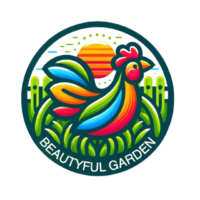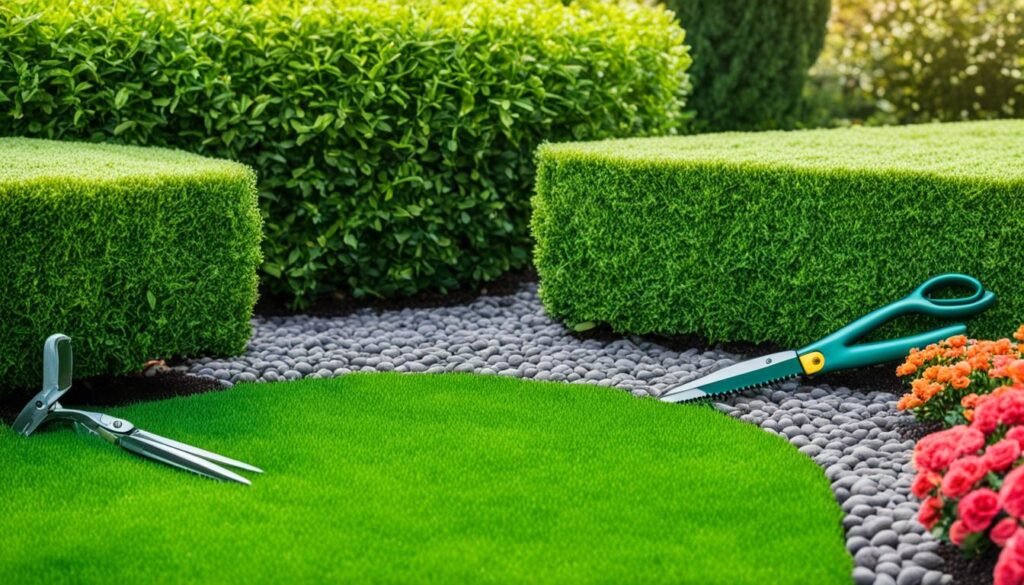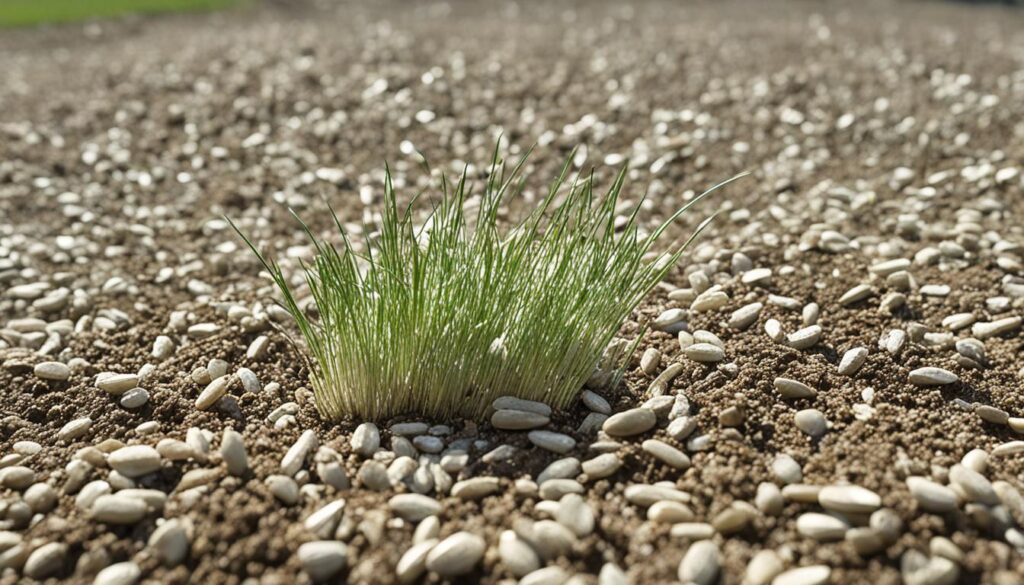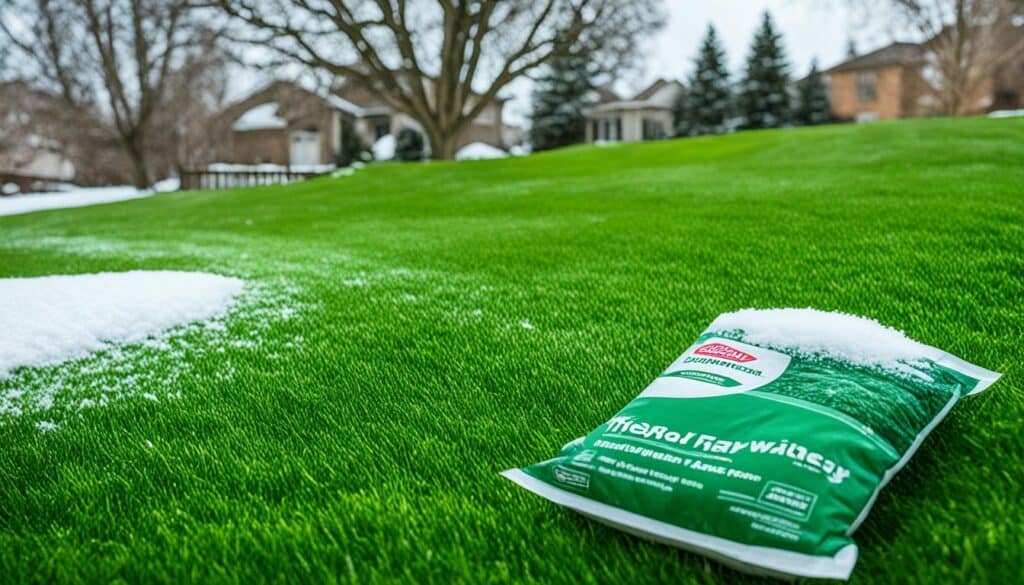Did you know Americans spend about $10,000 on landscaping for a 1,200 square foot yard? This shows how important outdoor spaces are to homeowners. Whether you’re experienced or new to yard care, knowing the basics is key to a beautiful landscape.
Yard maintenance includes many tasks, from simple lawn care to detailed landscaping. It’s not just about cutting grass. It’s a full approach to keep your property looking great all year. Let’s explore what yard maintenance covers and why it’s vital for your home’s look and value.
Your yard needs care from lush lawns to neat hedges and clean walkways. Regular care boosts your outdoor space’s beauty and avoids expensive repairs later. With the right tools and knowledge, you can make your yard a beautiful oasis that everyone admires.
Key Takeaways
- Yard maintenance covers lawn care, landscaping, and outdoor structure upkeep
- Regular maintenance boosts curb appeal and property value
- Essential tools include lawn mowers, trimmers, and gardening equipment
- Professional services can cost between $100 to $200 monthly
- DIY yard care averages around $1,400 annually for tools and materials
Understanding the Basics of Yard Maintenance
Yard maintenance is key to a beautiful outdoor area. It’s not just about cutting the grass. It’s about making a space that’s good for plants and where you can enjoy the outdoors. Let’s look at the basics of taking care of your yard and the tools you need.
Defining Yard Maintenance
Yard maintenance means taking care of your outdoor areas regularly. This includes lawn care basics like mowing, watering, and feeding your lawn. It also means pruning trees and shrubs, taking care of flower beds, and looking after hard surfaces.
Benefits of Regular Yard Upkeep
Looking after your yard regularly has many benefits. It makes your property look better, increases its value, and creates a nice place for relaxing and having fun. It also helps plants stay healthy and keeps pests away. Landlords who offer yard maintenance see happier tenants.
Essential Tools for Yard Maintenance
To keep your yard in top shape, you need the right tools. Here are the essentials:
- Lawn mower
- Rake
- Shovel
- Pruning shears
- Watering can or hose
- Wheelbarrow
Keep your tools in good shape by sharpening blades and checking tire pressure. When you mow, cut the grass to about one-third of its height. Water in the early morning to prevent diseases. And, don’t forget to fertilize in winter to keep your lawn healthy all year.
Lawn Care: The Foundation of Yard Maintenance
A well-maintained lawn is key to a beautiful yard. It requires several important steps for a lush, healthy grass.
Mowing and Edging Techniques
Lawn mowing is vital for keeping grass healthy. Cut your grass to 3.5 inches tall. Change your mowing pattern to avoid ruts. This helps with even growth and stops soil compaction. Edging makes your lawn look neat and tidy.
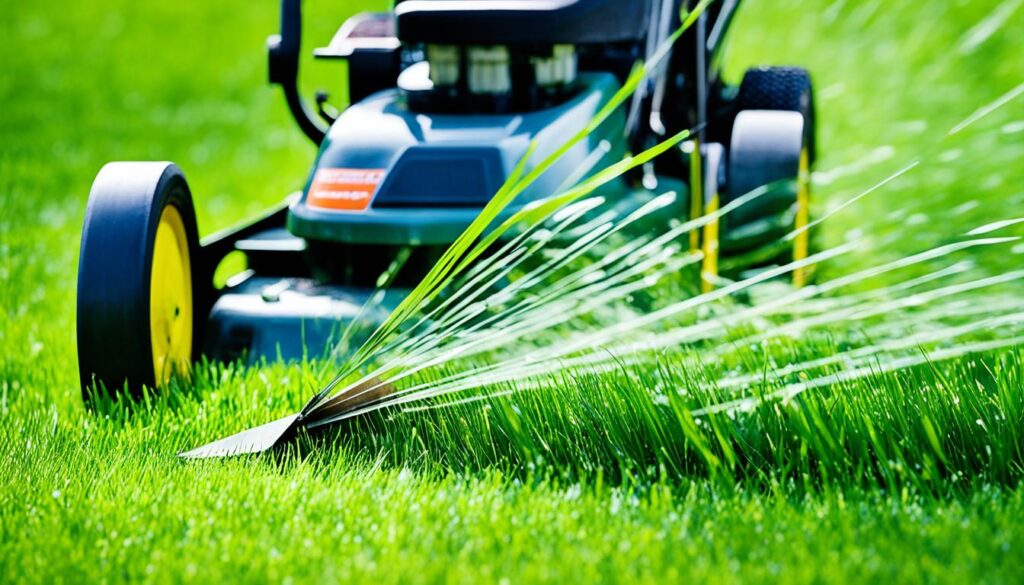
Watering and Irrigation Practices
Water your lawn early in the morning. It needs 1 to 1.5 inches of water each week. This lets the roots soak up moisture before it gets hot. Think about getting an irrigation system for steady watering.
Fertilization and Weed Control
Fertilize your lawn in spring, summer, and fall. This gives it the nutrients it needs to grow strong. Use pre-emergent and post-emergent treatments for weeds. Testing your soil regularly keeps the pH level right for your grass.
| Lawn Care Task | Frequency | Best Time |
|---|---|---|
| Lawn Mowing | Weekly | Morning or Evening |
| Grass Watering | 2-3 times per week | 6 a.m. – 10 a.m. |
| Fertilizer Application | 3-4 times per year | Spring, Summer, Fall |
| Weed Management | As needed | Spring and Fall |
A healthy lawn fights off weeds and pests on its own. By doing these things, you’ll have a yard that looks great and lasts a long time.
Landscaping and Plant Care
Keeping your yard beautiful is all about good landscaping and plant care. This means taking care of trees, shrubs, and the soil they grow in. Let’s look at the key parts of keeping your yard in top shape.
Pruning Trees and Shrubs
Pruning trees and shrubs is important for their health and looks. Do this during the off-season to protect the plants. For trees, cut out dead or sick branches. Trimming shrubs keeps them neat and helps them grow well. Regular cuts also stop them from getting too big and improve air flow.
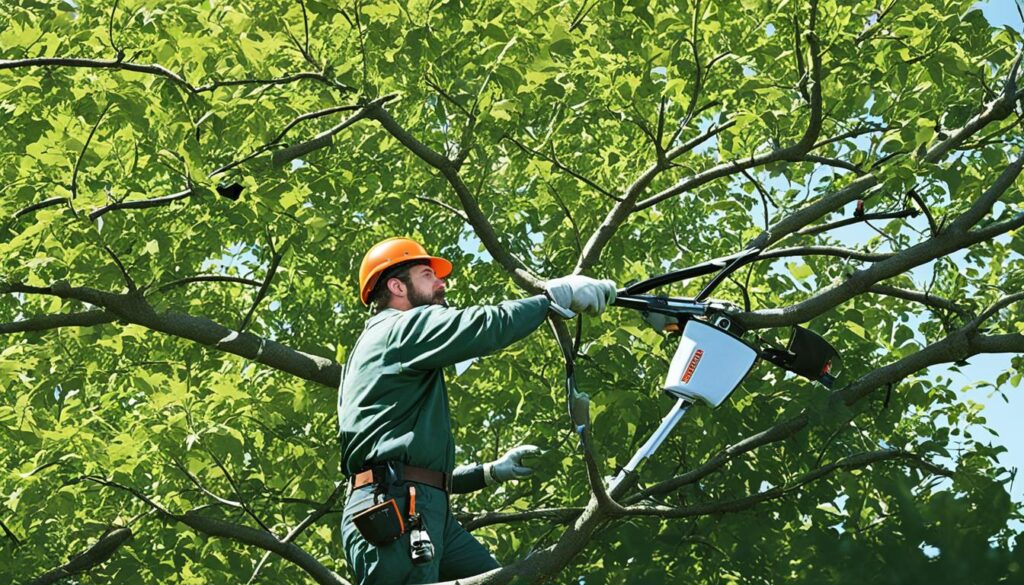
Mulching and Soil Management
Mulching is key for healthy soil. Put a 2-4 inch layer of mulch around plants to keep moisture in and weeds out. Use organic mulches like bark chips or compost. Check the soil’s pH often and add what it needs to stay healthy.
Flower Bed Maintenance
Keep flower beds neat by pulling weeds often and removing dead flowers. Replace annuals with the seasons change, depending on where you live. In places like Florida, plant them in late January. In colder areas like Maine, wait until May. Make sure plants have enough space to grow well and keep your landscape healthy.
| Climate | Last Frost Date | Planting Time for Annuals |
|---|---|---|
| Warm (e.g., Florida) | End of January | Early February |
| Moderate (e.g., Kansas) | End of March | Early April |
| Cold (e.g., Maine) | May | Late May |
By focusing on these landscaping and plant care tasks, you’ll create a thriving, beautiful yard. It will make your home look better and give you a nice outdoor space to relax in.
Hardscape Maintenance and Outdoor Living Spaces
Hardscaping is key to making your outdoor areas both beautiful and useful. Using stone, brick, and concrete can boost your yard’s look and cut down on upkeep. Let’s dive into how to keep these outdoor features in top shape.
Cleaning and repairing patios and walkways
Keeping your patio clean is vital for its look. Professional power washing helps prevent damage and keeps it looking new. Clean your hardscaping before winter to stop debris from building up under the snow. In spring, check for any damage that happened during the cold months. Adding hardscapes to your outdoor space can greatly improve its look and use.
Maintaining decks and fences
Looking after your deck is key to keeping it strong and looking good. Clean, stain, and seal wood decks regularly to protect them from the weather. For fences, fix loose boards quickly and repaint or stain when needed. Fixing cracks or shifting parts early can stop bigger problems later.
Caring for outdoor furniture and structures
Looking after your outdoor furniture makes it last longer and keeps it looking nice. Clean your furniture often and cover or store it in bad weather. Sheds and pergolas also need regular checks to stay in good shape. With a seasonal maintenance plan, your hardscaping will always look great, making your outdoor area perfect for chilling out and having fun.
FAQ
What does yard maintenance include?
Yard maintenance covers tasks like mowing, watering, and fertilizing the lawn. It also includes pruning trees and shrubs, mulching, and keeping flower beds tidy. Cleaning and fixing patios, walkways, decks, and fences are part of it too. Plus, it involves taking care of outdoor furniture and structures.
Why is regular yard maintenance important?
Keeping your yard in shape is key for a healthy, good-looking outdoor area. It boosts curb appeal, keeps plants healthy, and stops pests. Regular care also makes landscaping and outdoor structures last longer.
What are some essential tools for yard maintenance?
You’ll need lawn mowers, hedge trimmers, rakes, shovels, pruning shears, and pressure washers for yard upkeep. Keeping these tools sharp and in good condition helps you work more efficiently.
How often should I mow my lawn?
How often you mow depends on your grass type and how you want your lawn to look. Most lawns need a weekly cut during the growing season. Cut your grass to 3-4 inches tall and change your mowing pattern to avoid making ruts.
How much water does my lawn need?
Lawns usually need 1-2 inches of water each week, either from rain or a sprinkler. Water in the early morning to cut down on evaporation and help roots grow deep.
When is the best time to prune trees and shrubs?
Pruning should be done when plants are dormant or right after they bloom. The best time varies by plant type. It’s important to prune correctly to avoid harming your plants.
How often should I mulch my garden beds?
Add new mulch every year, usually in spring or early summer. Aim for a 2-4 inch layer to keep soil moist, stop weeds, and protect roots.
How can I maintain outdoor furniture and structures?
Clean your outdoor furniture often and cover or store it in bad weather. Clean, stain, and seal wood decks to protect them. Check and fix sheds and pergolas as needed to make them last longer.
